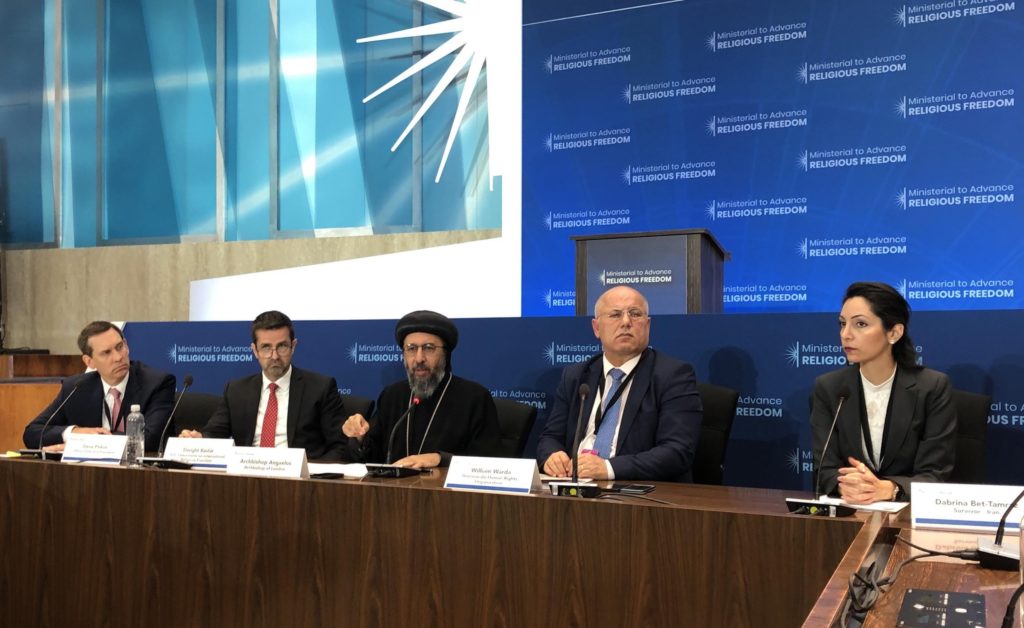
The daughter of an Iranian couple facing long prison sentences for their Christian activities has spoken out against Iran’s ‘mistreatment of religious minorities’.
“Terrorists, Zionists, spies, a threat to national security: this is how Evangelical Christians are referred to in my native country, Iran,” said Dabrina Bet-Tamraz, at the second annual Ministerial to Advance Religious Freedom in Washington, DC.
“Many Christians have received lengthy prison sentences for false charges related to the practice of their faith, and their sentences have been upheld by the Court of Appeals. Most of these cases involved converts from Islam, but there are also several instances where members of recognised Armenian and Assyrian Christian minorities were imprisoned or sentenced to prison due to their religious activities. My parents, my only brother, and myself included.”
As part of a panel discussion on religious-freedom challenges in the Middle East, Dabrina said her family had been “a target of continuous harassment from Iranian authorities for as long as I can remember”.
She recalled the raid on her family home during a Christmas celebration in 2014, when “plain-clothed security officers … arrested all attendees. They separated men from women and conducted strip-searches, seizing all Bibles, confiscating personal items such as cellphones, laptops, and identification documents. All attendees were interrogated on camera and were forced to sign forms committing to never gather together again”.
Her father, Victor, was then taken away, beaten, and had his head shaved “as a way to humiliate him”, Dabrina said.
“They treated him as though he was a criminal—a terrorist,” she said. “He was kept in solitary confinement for 65 days; at times without any human interaction for over ten days.”
Pastor Victor was later charged with “conducting evangelism” and “illegal house-church activities”, and other charges amounting to “acting against national security”, and sentenced to ten years in prison.
Dabrina’s mother, Shamiram Issavi, was later interrogated and charged with “membership of a group with the purpose of disrupting national security” and “gathering and colluding to commit crimes against national security”, and sentenced to five years in prison.
Both are appealing their sentences.
Dabrina’s brother, Rameil, was then among a group of five Christians arrested during a picnic gathering in Tehran in August 2016. Rameil was later sentenced to four months in prison for “acting against national security” and “organising and establishing house churches”, then released owing to time already served.
Dabrina highlighted the “unprecedented” wave of raids on house-church gatherings at the end of 2018, the arrest of 171 converts across the year – and at least 37 more so far in 2019.
“These people are not religious leaders or pastors,” she noted. “They are not politicians or activists of some sort. They are simply believers attending prayer and worship gatherings and meetings. But to the Iranian authorities, any non-Islamic religious gathering is considered a threat to the regime.”
Dabrina also noted how there are today less than a quarter of the number of Assyrian Christians living in Iran as before the revolution.
She highlighted the recent forced closure of an Assyrian church in Tabriz, which only yesterday was claimed as only a false rumour by a pro-government Iranian news agency – something Article18’s advocacy director, Mansour Borji, called an attempt at “damage control” after the “despicable act” of forcibly closing the church and taking down the cross.
“The Iranian Christian community, along with other religious minorities in the country, continue to be denied their right to freedom of religion or belief,” Dabrina said. “These human-rights violations threaten the safety of these communities.”
She called for the “immediate and unconditional release of all Christians detained on spurious charges related to the practice of the their faith and religious activities”, and implored the US and wider international community to hold Iran “accountable for its mistreatment of religious minorities” and to ensure Iran’s obligation to uphold religious freedom is at the heart of all negotiations “with, or concerning, Iran”.
US President Donald Trump later promised to look into the case of the Bet-Tamraz family.
Speaking with Dabrina at the White House after the panel discussion, Mr Trump promised: “I’m going to get the information [about their cases]. I will.”
Dabrina was part of a delegation of survivors of religious persecution who visited the president. She told him: “Mr President, I’m part of a Christian minority from Iran; my family [is] being persecuted in Iran… We would appreciate it if you would mention my family but also Christian persecution in Iran in negotiations with or about Iran.”
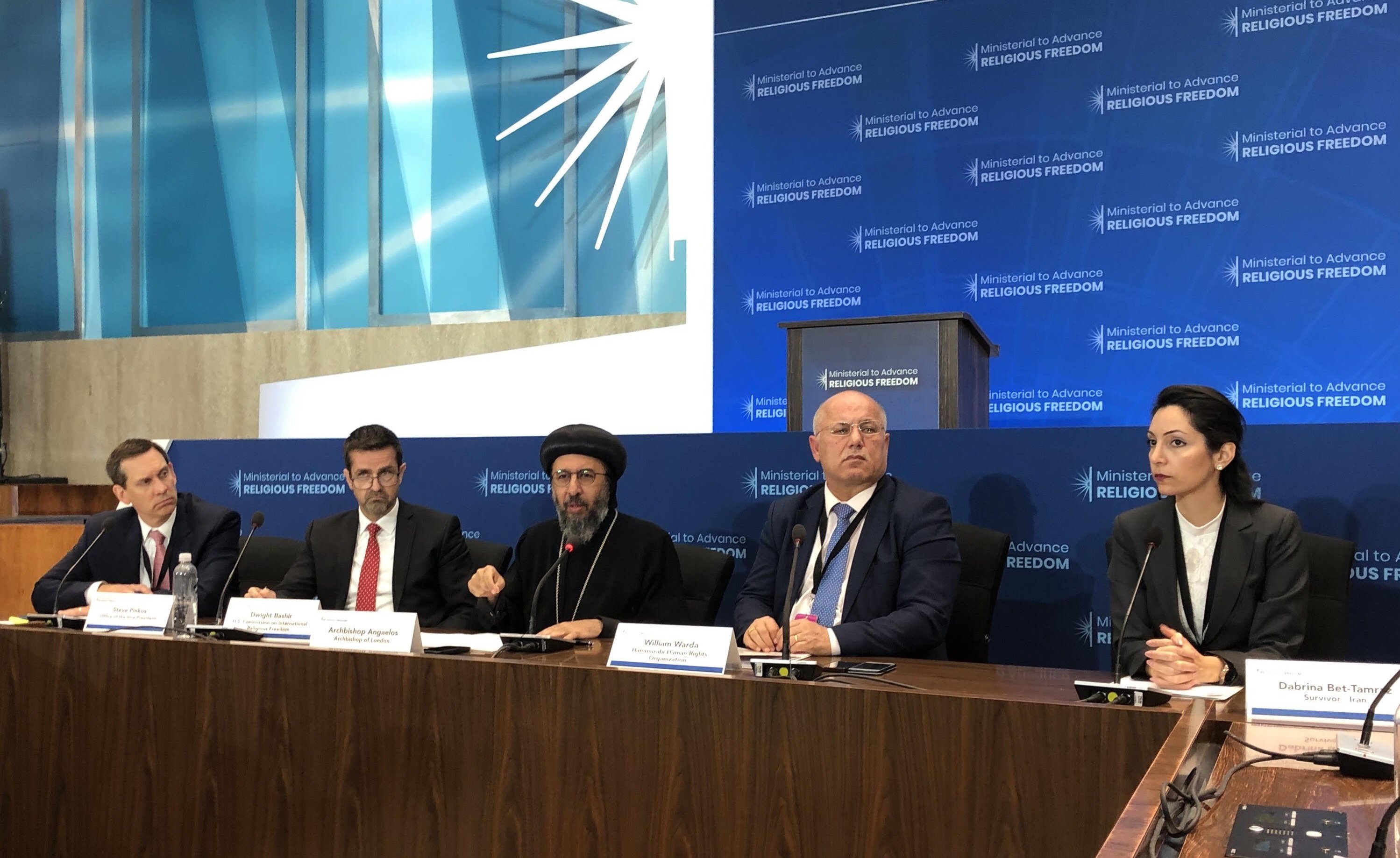
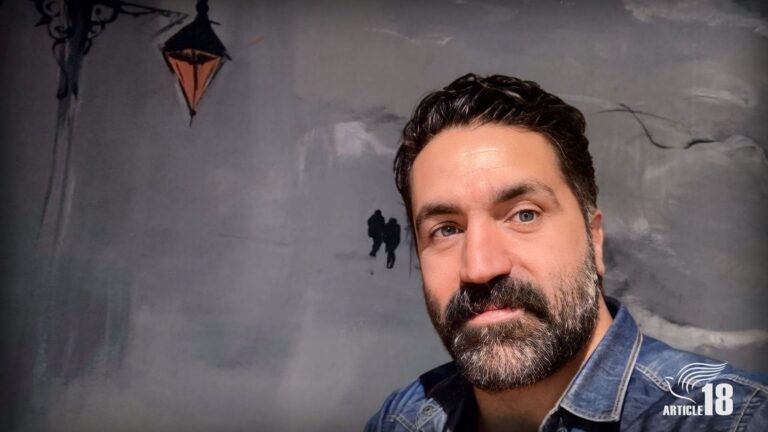
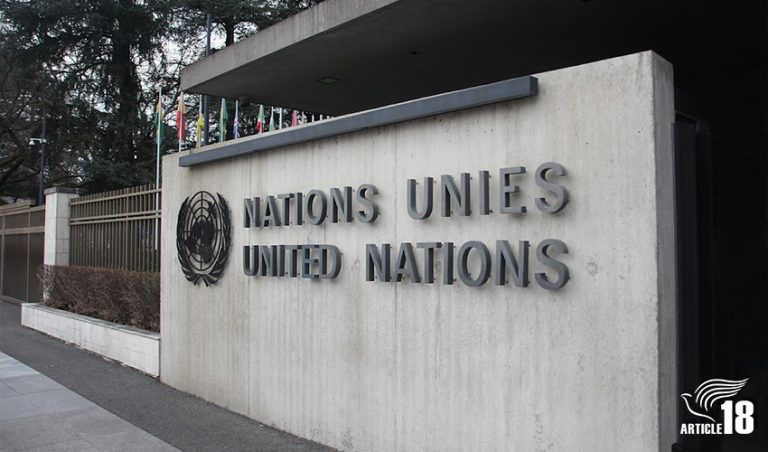
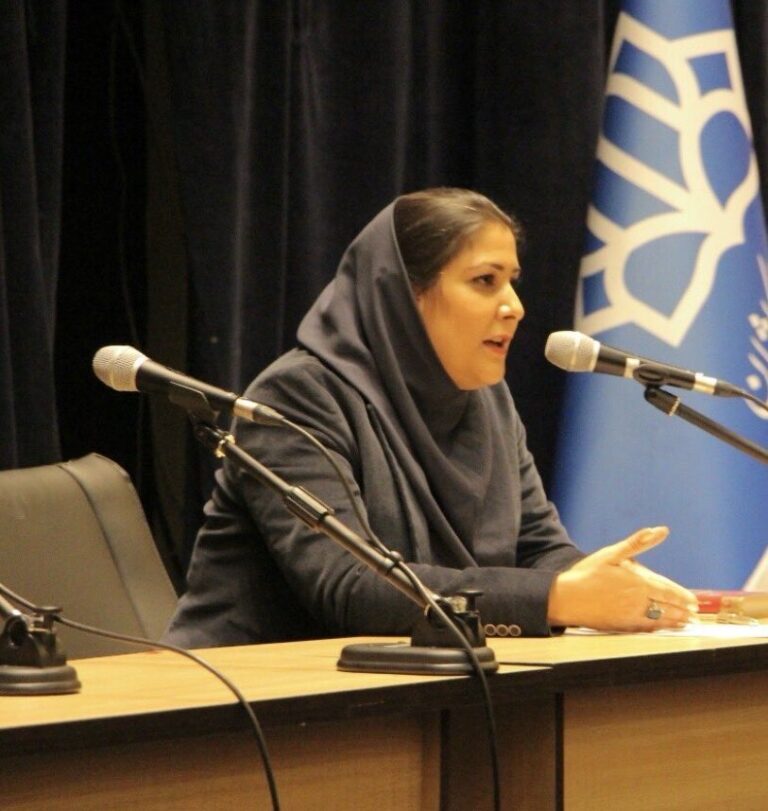
0 Comments
Trackbacks/Pingbacks